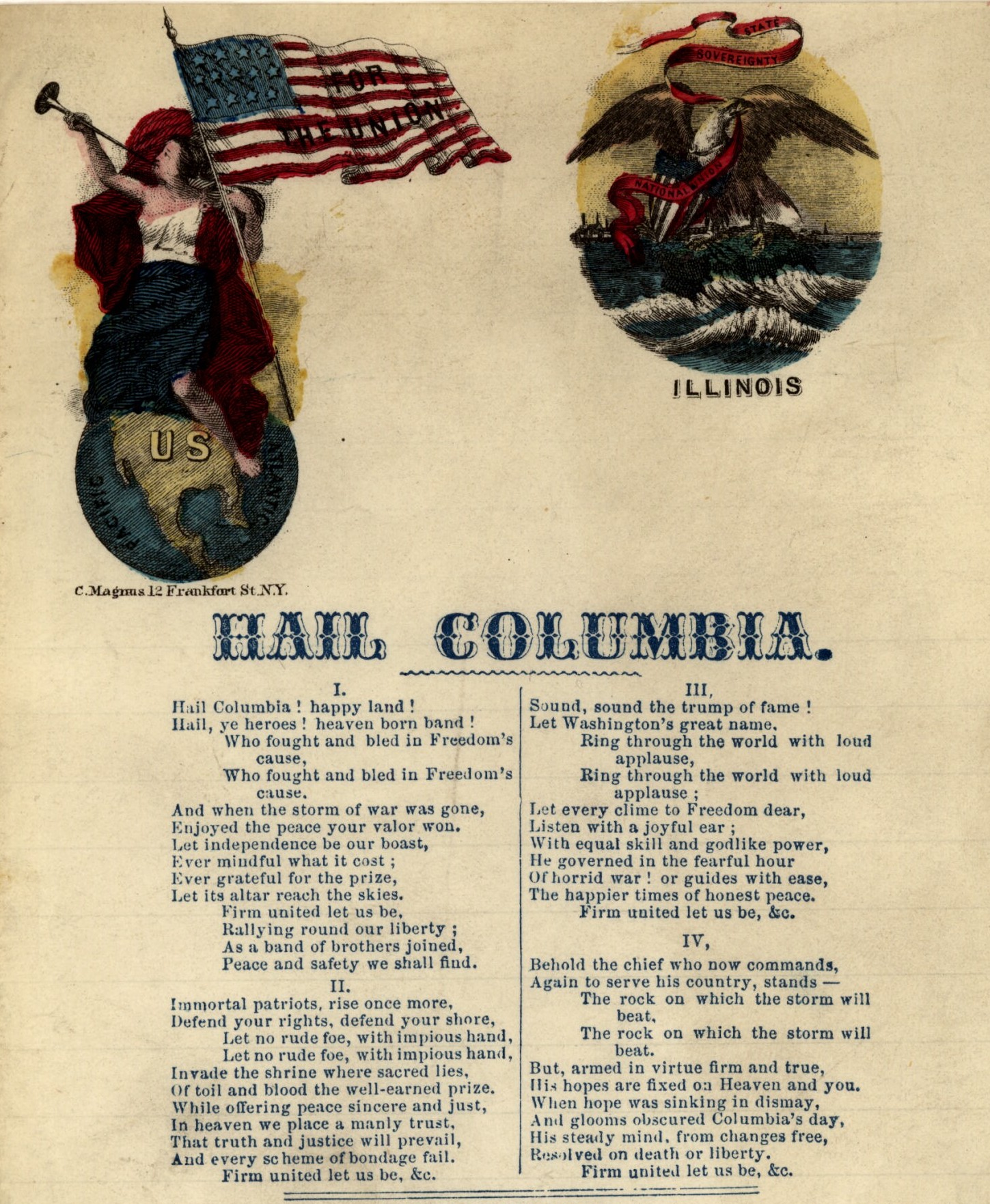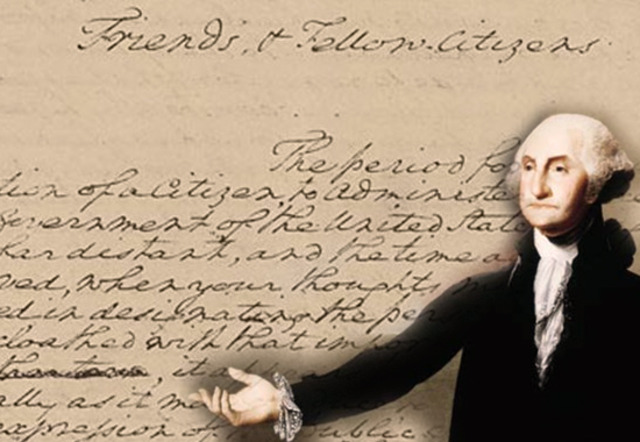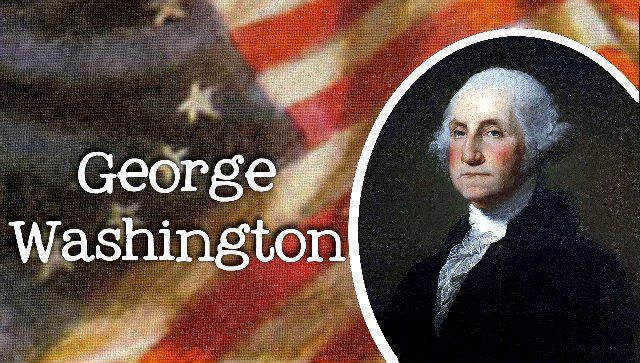Hail Columbia
Hail, Columbia Hail Columbia, happy land! Hail, ye heroes, heav’n-born band, Who fought and bled in freedom’s cause, Who fought and bled in freedom’s cause,… Read More »Hail Columbia
Hail, Columbia Hail Columbia, happy land! Hail, ye heroes, heav’n-born band, Who fought and bled in freedom’s cause, Who fought and bled in freedom’s cause,… Read More »Hail Columbia
Today in History: September 19, 1796 – Washington’s Farewell Address Starting with President Washington, our country has a tradition of presidential warnings in their farewell… Read More »Today in History: September 19, 1796 – Washington’s Farewell Address
George Washington After much discussion, we decided that the next feature we should add is mini biographies about presidents, generals, and other important historical… Read More »George Washington
Revolutionary War History Intro Our Revolutionary War History logo was designed with the intent to remind people what our founding fathers were willing to sacrifice… Read More »Revolutionary War History



